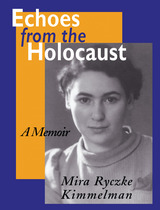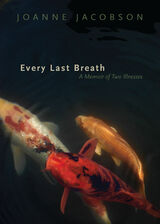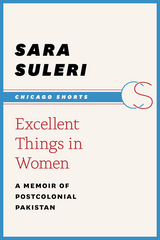3 start with E start with E

A Memoir
Mira Ryczke Kimmelman
"During the most difficult times of World War II," Mira Kimmelman writes, "I wondered whether the world really knew what was happening to us. I lived in total isolation, not knowing what was taking place outside the ghetto gates, outside the barbed wires of concentration camps. After the war, would anyone ever believe my experiences?"
Kimmelman had no way of preserving her experiences on paper while they happened, but she trained herself to remember. And now, as a survivor of the Holocaust, she has preserved her recollections for posterity in this powerful and moving book—one woman's personal perspective on a terrible moment in human history.
The daughter of a Jewish seed exporter, the author was born Mira Ryczke in 1923 in a suburb of the Baltic seaport of Danzig (now Gdansk, Poland). Her childhood was happy, and she learned to cherish her faith and heritage. Through the 1930s, Mira's family remained in the Danzig area despite a changing political climate that was compelling many friends and neighbors to leave. With the Polish capitulation to Germany in the autumn of 1939, however, Mira and her family were forced from their home. In calm, straightforward prose—which makes her story all the more harrowing—Kimmelman recalls the horrors that befell her and those she loved. Sent to Auschwitz in 1944, she escaped the gas chambers by being selected for slave labor. Finally, as the tide of war turned against Germany, Mira was among those transported to Bergen-Belsen, where tens of thousands were dying from starvation, disease, and exposure. In April 1945, British troops liberated the camp, and Mira was eventually reunited with her father. Most of the other members of her family had perished.
In the closing chapters, Kimmelman describes her marriage, her subsequent life in the United States, and her visits to Israel and to the places in Europe where the events of her youth transpired. Even when confronted with the worst in humankind, she observes, she never lost hope or succumbed to despair. She concludes with an eloquent reminder: "If future generations fail to protect the truth, it vanishes. . . . Only by remembering the bitter lesson of Hitler’s legacy can we hope it will never be repeated. Teach it, tell it, read it."
The Author: Mira Ryczke Kimmelman is a resident of Oak Ridge, Tennessee, and lectures widely in schools about her experiences during the Holocaust.


Sometimes, only the most heartbreaking memories possess the capacity—in their elegiac immediacy—to take our breath away. With Excellent Things in Women, Sara Suleri offers the reader a delicately wrought memoir of life in postcolonial Pakistan. Suleri intertwines the violent history of Pakistan's independence with her own intimate experiences—relating the tumult of growing up female during a time of fierce change in the Middle East in the 1960s and ’70s. In the two selections presented here, “Excellent Things in Women” and “Meatless Days,” we watch as Suleri re-encounters the relationships that inform her voyage from adolescence to womanhood—with her Welsh mother; her Pakistani father, prominent political journalist Z. A. Suleri; and her tenacious grandmother, Dadi, along with her five siblings—as she comes to terms with the difficulties of growing up and her own complicated passage to the West.
READERS
Browse our collection.
PUBLISHERS
See BiblioVault's publisher services.
STUDENT SERVICES
Files for college accessibility offices.
UChicago Accessibility Resources
home | accessibility | search | about | contact us
BiblioVault ® 2001 - 2024
The University of Chicago Press









